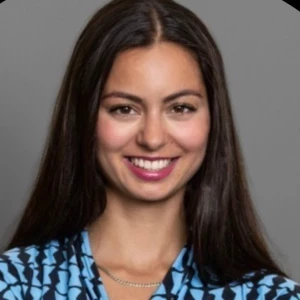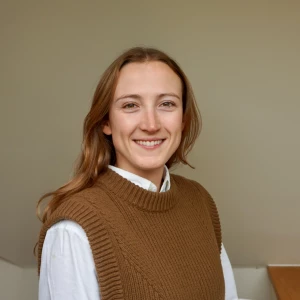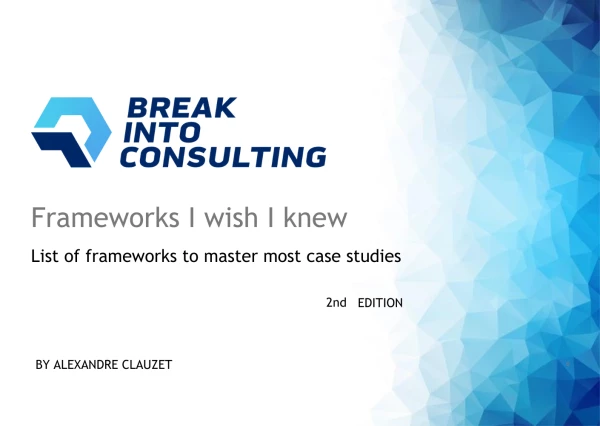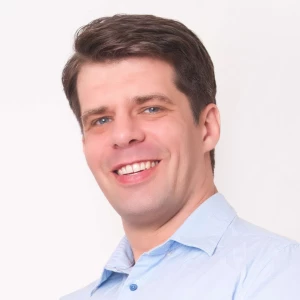Before you say the answer "It depends," =)
I'm doing some CaseCoach Structure Drills. I also watched the lecture by Victor Cheng. After you ask the clarifying questions, how do you choose the right framework and when do you apply a hypothesis? This part seems nebulous to me. Right framework = sometimes obvious, like market entry or profit, but sometimes a combination, but if you're on the right framework, why bring a hypothesis at all? The hypothesis seems a bit after the fact..
Thanks!













